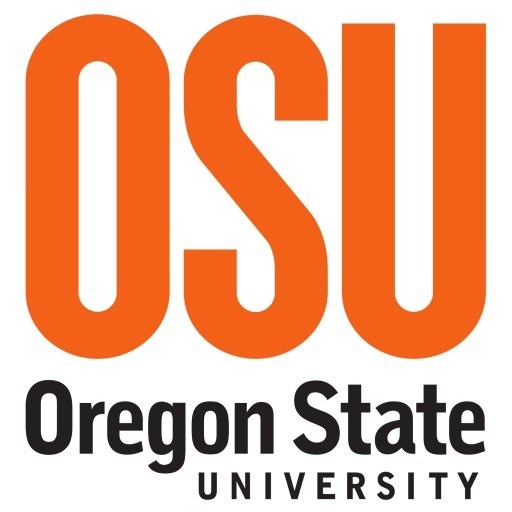Photos of university / #sdstatepics
The Bachelor of Science in Nutrition and Food Science at South Dakota State University offers students an in-depth understanding of the fundamental principles that govern human nutrition, food production, and food safety. This comprehensive program prepares graduates to address critical issues related to health, wellness, and sustainable food systems in diverse settings. Students will explore the biochemistry of nutrients, dietary assessment techniques, and the physiological responses to different diets, enabling them to develop evidence-based nutritional recommendations. The curriculum combines coursework in biology, chemistry, food technology, and community health to provide a multidisciplinary perspective on nutrition science.
Throughout their studies, students gain practical experience through laboratory work, internships, and research projects. The program emphasizes the importance of food safety, quality control, and regulatory compliance, equipping students with skills essential for careers in food manufacturing, public health, or clinical nutrition. Graduates are prepared for employment in a variety of fields including dietetics, food industry management, nutritional counseling, and community health initiatives. Additionally, the program lays a solid foundation for students interested in pursuing advanced studies or professional certifications such as Registered Dietitian Nutritionist (RDN).
Faculty members are dedicated to fostering a collaborative learning environment that encourages critical thinking, innovation, and ethical practices in nutrition and food science. The university's state-of-the-art facilities and research centers provide students with access to cutting-edge technology and resources to support their academic growth. By completing this program, students will be equipped with the knowledge, skills, and practical experience necessary to contribute meaningfully to improving public health and promoting sustainable food systems now and in the future.
Detailed Course Facts
Tuition fee- USD 8430 Year (National)
- USD 18044 Year (International)
- English
Course Content
Major Requirements- General Biology
- Bioethics
- Organic Chemistry
- Organic Chemistry
- Biochemistry
- Laboratory Methods- Biochemistry
- Seminar
- Foods Principles and Lab Credits
- Food Safety and Technology Credits
- Human Nutrition
- Introduction to Physics
- Introduction to Statistics
English Language Requirements
IELTS band : 5.5 TOEFL paper-based test score : 550 TOEFL iBT® test : 61
To study at this university, you have to speak English. We advice you to
take an IELTS test. More About IELTSWork Experience
No work experience is required.
Related Scholarships*
- Academic Excellence Scholarship
"The Academic Excellence Scholarship can provide up to a 50 % reduction in tuition per semester. These scholarships will be renewed if the student maintains superior academic performance during each semester of their 3-year Bachelor programme. The scholarship will be directly applied to the student’s tuition fees."
- Alumni Study Travel Fund
Scholarships for students who are already attending the University of Reading.
- Amsterdam Merit Scholarships
The University of Amsterdam aims to attract the world’s brightest students to its international classrooms. Outstanding students from outside the European Economic Area can apply for an Amsterdam Merit Scholarship.
* The scholarships shown on this page are suggestions first and foremost. They could be offered by other organisations than South Dakota State University.
Accreditation
South Dakota State University has been granted the full, ten-year reaccreditation by the Higher Learning Commission. An accreditation team of representatives from peer institutions commended SDSU for:
- Dedicated faculty and staff
- Quality new facilities
- Excellent student leadership
- Shared governance
- Partnerships with local community
- Robust and Integrated assessment program
- Successful transition to NCAA Division I Athletics





